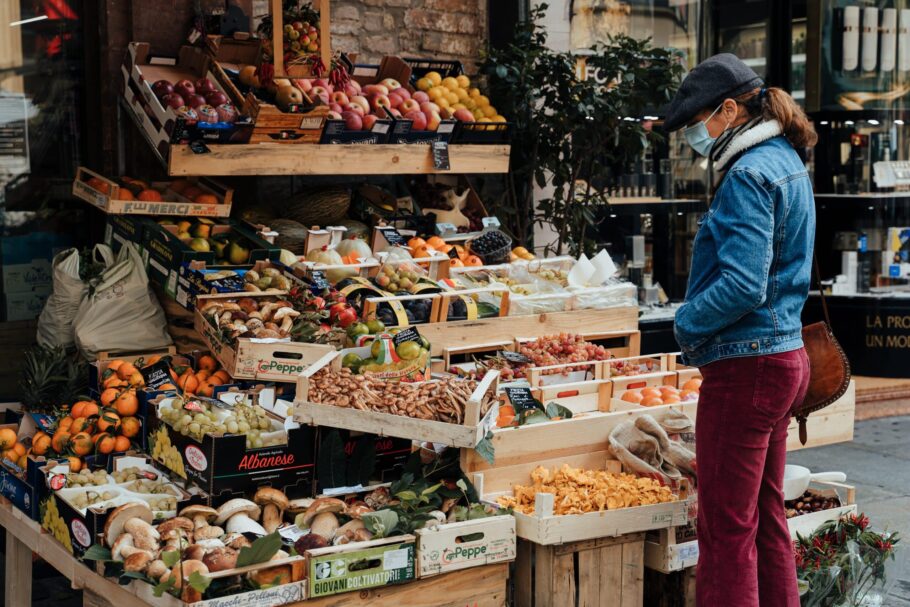Why?
Sunlight, heat, and biodegrading can cause plastics to break down into microplastics. These can enter the water system, microplastics have been found in fish and even in the air we breathe. The degradation can also release greenhouse gases like methane into the air, causing global warming.
What can I do?
Try to buy foods that haven’t been packaged in single use plastics and if you can’t avoid it, see if you can find somewhere that recycles them. Sometimes they can be more expensive but trying zero waste shops where you can your own containers and fill up on basics like flour, rice, washing up liquid and much more using your own containers again and again is a great option.
If you want to check your food carbon footprint you can use this calculator:
https://www.earthday.org/foodprints-calculators/


